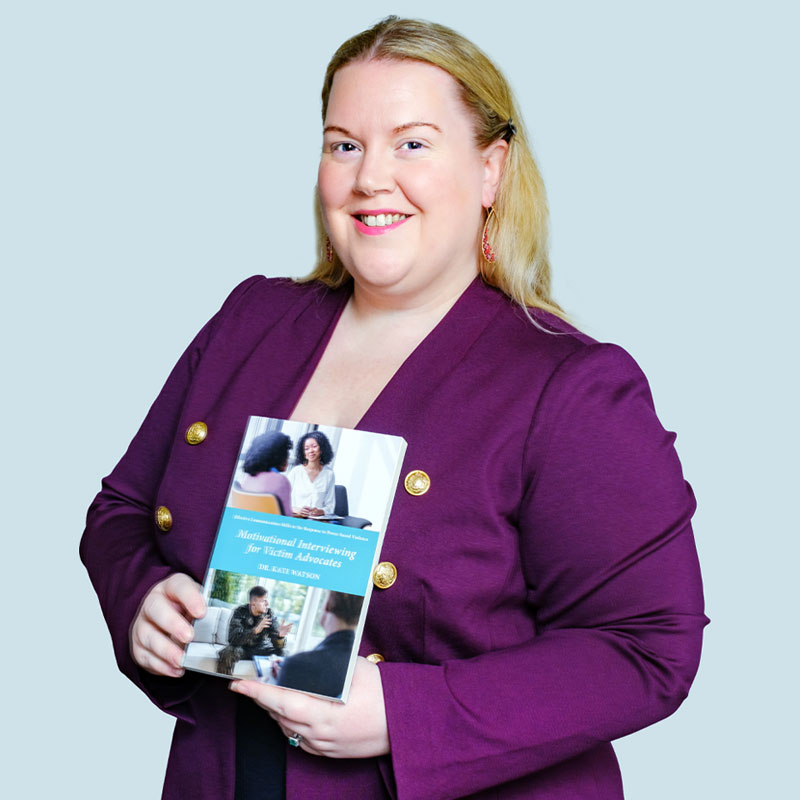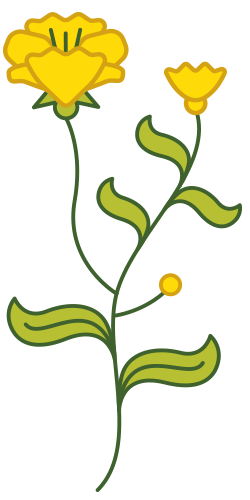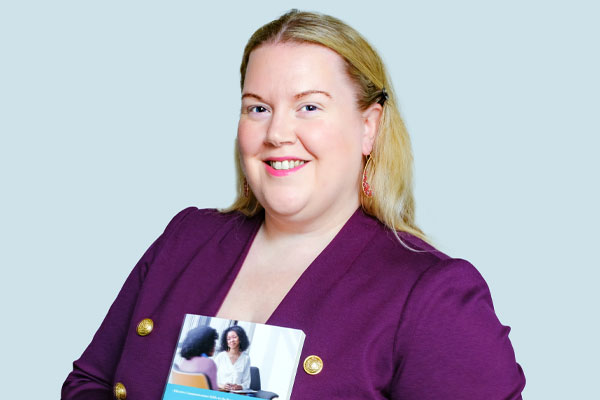

Kate Watson
DrPH ’17
President, Advocacy Academy (Philadelphia)
Age 39

Early in her career, Kate Watson, DrPH ’17, experienced firsthand the pitfalls of professional training received by those who advocate for domestic violence victims: Too much focus on the don’ts and not enough on the dos. She set out to create a better way, looking to shape the future of the field.
“The standard 40-hour certification is don’t, don’t, don’t,” the founder and president of the Philadelphia-based consultancy Advocacy Academy says. “‘Don’t victim blame. Don’t give advice. Don’t say this. Don’t say that.’ You come out terrified that you might say the wrong thing. I became really interested in better preparing folks to do this work by helping them understand what they actively can do, not just what to avoid.”
Over more than a decade, Watson has used her doctorate from the Dana and David Dornsife School of Public Health to help professionalize a field that has long relied on hotline or shelter volunteers. The 100 workshops each year that she leads around the United States and as far away as Japan and South Korea have trained 50,000 victim advocates, she estimates, many of whom work in schools, hospitals and the military. The Advocacy Academy, Watson notes, shifts the approach to helping the one in five women who are sexually assaulted over their lives, as well as those who face domestic violence and other trauma, by emphasizing listening and communication skills.
“If you’re going to sit with a trauma survivor,” she says, “you want to feel like you know what to say and how to help them — and have confidence in your work. We’re really part of advancing the profession.”
After earning master’s degrees in psychological counseling from Columbia University, Watson worked with relationship violence survivors — and got her first training on interventions — as a victim advocate at health centers, part of a University of Pennsylvania School of Social Policy and Practice research project. That led to victim advocacy as her life work.
At the Dornsife School, well known for its emphasis on violence as a public health problem, Watson focused on health policy and social justice even as she worked as an adjunct professor at Peirce College in Philadelphia. Her doctorate examined the training needs of Title IX coordinators who intervene when gender-based violence is suspected in the education system and, she says, gave her the foundation to grow the Advocacy Academy, formally established in 2017.
In 2019, Watson increased her reach through the general audience podcast “Only Trying to Help,” which, she says, has listeners in 40 countries and 20,000 downloads over its lifetime. Episodes tackle tough love, white lies and helping a friend through divorce, among other topics. She also has authored a 2021 book of the same title that offers a guide for “informal counselors” such as friends, parents or partners. Two other books — “The Embodied Advocate” published in 2022 and “Motivational Interviewing for Victim Advocates” published in 2023 — are targeted at professionals.
Looking ahead, Watson aims to increase accessibility to the information she shares in her workshops by building out additional online courses for not only those in the field but also for lay people who want to improve listening and communication skills.
“Unfortunately, there’s a great need,” she says. “The more people who can learn how to be there for each other, the more they can help another person and transform the world.”
How I Pay it Forward
I bring on four undergraduate interns every semester. I hope to show them how to think outside of the box when choosing the optimal career path. There are many ways to carve your own path and make a big difference in the world.




